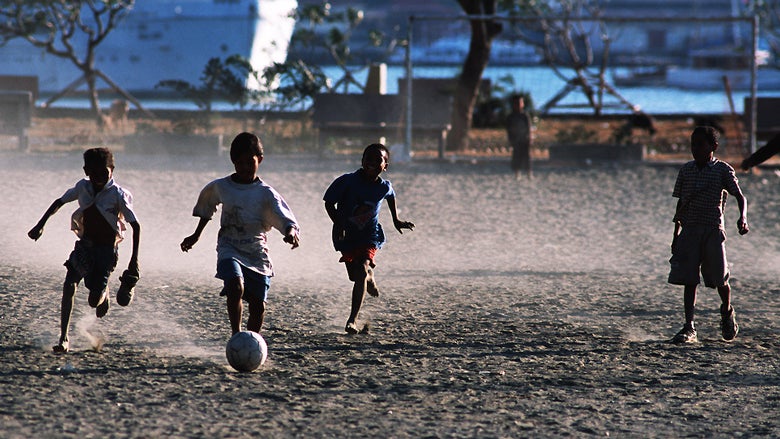
The investigation, indictment, and arrest of several FIFA officials sends a simple and powerful message: No matter how untouchable an entity seems to be, in today’s world no organization, company, or government is immune from public scrutiny and law enforcement when it comes to allegations of fraud and corruption. Tolerating corruption as a “cost of doing business” is quickly going out of fashion.
The World Bank works hard to tilt the equation in favor of clean business in its fight against poverty. We investigate and hold perpetrators accountable when we receive allegations of wrongdoing in projects. Since we began this work, we have sanctioned more than 700 firms and individuals for misconduct in our projects. Most of these sanctions involve some form of debarment, rendering persons and firms ineligible to bid on future Bank-financed contracts. We recently released an updated review of our experience in investigating and adjudicating fraud and corruption cases, and it shows that it’s possible to tackle corruption in a way that is efficient, effective and fair.
Looking back, it took the World Bank years to build a strong sanctions system. We have lessons to share about this experience with national enforcement authorities, businesses, and new development players joining the fight against poverty.
What do we know about fraud and corruption? For one thing, it is clear the problem is not limited to any one country or region. Nor is this a developing world phenomenon: The companies and individuals caught paying bribes or lying about their performance come from rich and poor countries alike.
What do the cases look like? A good number involve bribes and kickbacks to get contracts or collusive schemes that stifle competition. Many cases cover straightforward fraud: everything from misrepresenting experience to concealing conflicts of interest and false invoicing. More than 80% of the sanctions cases initiated by our investigators have included claims of fraudulent practice. And fraud can be just as damaging to development outcomes as a bribe. Think of the contractor who uses substandard materials in road construction and lies to obtain payment. The road washes away after one season of heavy rains, and it is the people who depend on the road for connecting them to markets, hospitals, and schools who are cheated.
Who do we catch stealing from the poor? Everyone from multinational corporations to small businesses and even NGOs. The scope of the problem is broad. No matter the sector or the size of the contract, fraud and corruption can distort public procurement and inhibit development effectiveness.
The sanctions we impose are taken seriously. When we debar an individual or a company, they not only lose business opportunities at the World Bank but get automatically debarred from doing business with the other multilateral development banks. Equally significant is the reputational cost: World Bank sanctions are announced publicly, and our debarment list is increasingly followed by national agencies, NGOs and private sector diligence services.
Sanctions are key to deter future wrongdoing. While punishment is necessary, it will never be sufficient to fully address the issue of poor governance. After eight years of experience with establishing and evolving a robust sanctions system, the World Bank is now focusing more and more on incentives for cooperation and adoption of robust compliance measures. In other words, we work with our partners to instill a culture of prevention and integrity compliance to help people and companies stay out of trouble in the first place and protect scarce development resources.
One of the most promising trends we observe is that saying no to corruption makes business sense not just because of the increased chance of getting caught, but also because it is a matter of good corporate governance. If employees are paying bribes or fraudulently manipulating billings, that’s a sign that the company’s controls aren’t protecting the bottom line either. This is an important lesson we have learned, and it seems to be coming home to football too.
The post originally appeared on LinkedIn.


Join the Conversation